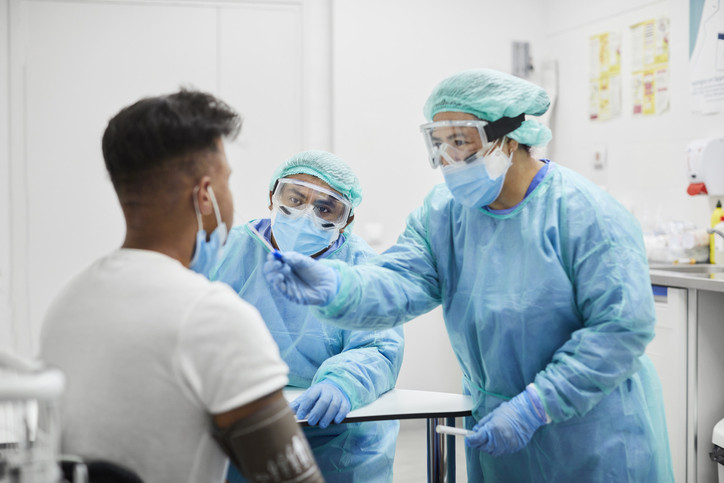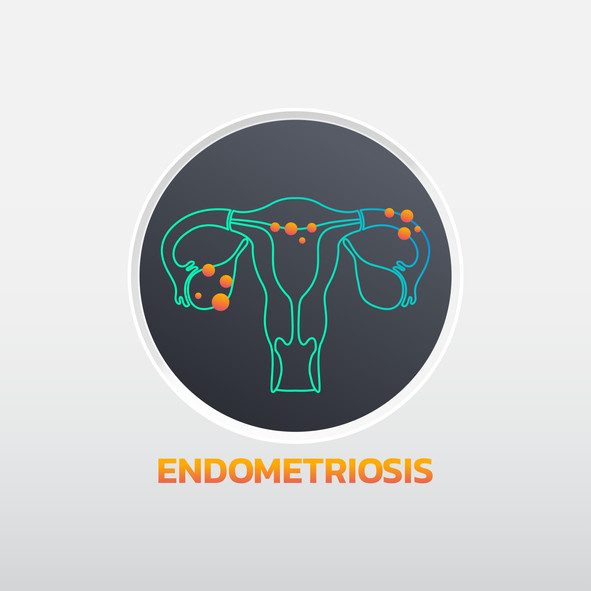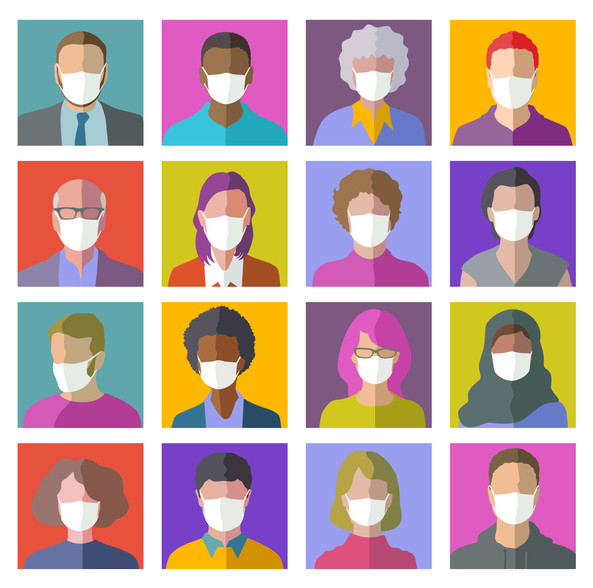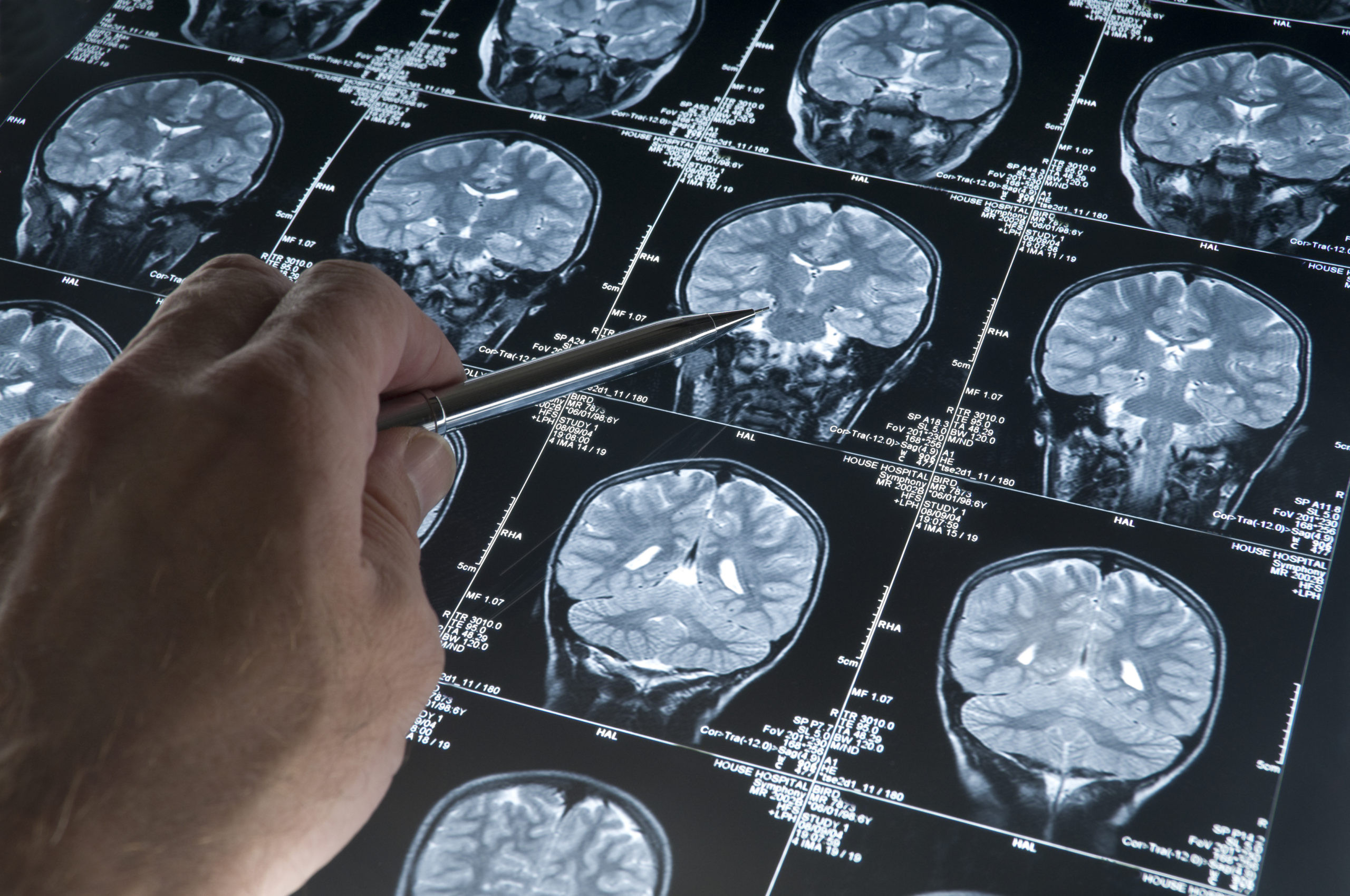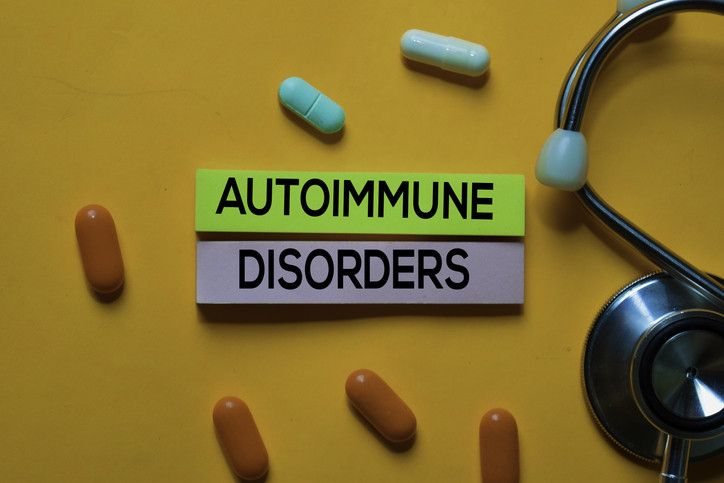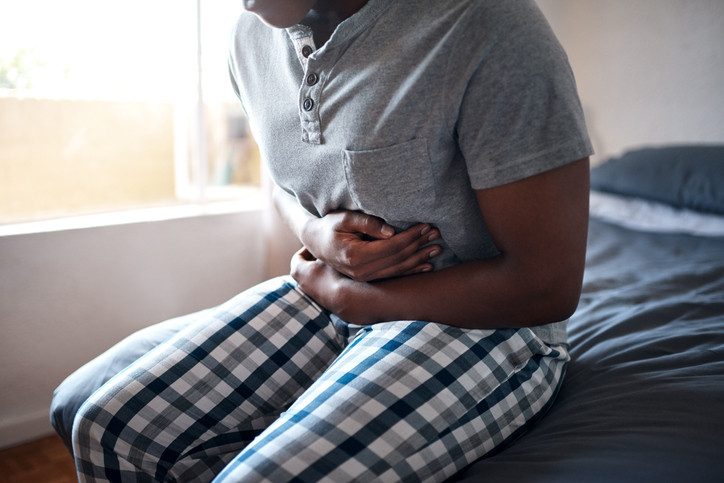
Trying to lose weight? Be careful not to lose muscle

Is your skin problem actually an autoimmune condition?

People with diabetes face higher risk of hearing loss

Antibiotic-free fixes for recurrent UTIs

Musculoskeletal syndrome of menopause: When menopause makes you ache all over

When can older women stop getting mammograms?

To lose weight, especially harmful belly fat, combine diet and exercise

Can men hold off on treating recurring prostate cancer?

The 7 types of rest and why we need them all

What are the early warning signs of cervical cancer?
Harvard Health Blog
Read posts from experts at Harvard Health Publishing covering a variety of health topics and perspectives on medical news.
Articles
2 easy, affordable, plant-centered dinners
The sequence of hormonal therapy and radiation affects outcomes in men treated for prostate cancer
A common treatment for men with intermediate-risk prostate cancer is to combine radiation with drugs that block testosterone — a hormone that makes the tumors grow faster. (This type of treatment is also called androgen deprivation therapy, or ADT). New research is suggesting the sequence of these treatments may be crucially important. Dr. Dan Spratt, […]
Age-related macular degeneration: Early detection and timely treatment may help preserve vision
Age-related macular degeneration is the leading cause of blindness in people over 60. In order to preserve vision, it’s important to understand the stages of ARMD, its signs and symptoms, how the disease progresses, how to monitor it, and what treatments are available.
Driving equity in health care: Lessons from COVID-19
The coronavirus pandemic has forced health care organizations to confront the inequities in their systems, particularly those affecting immigrants and communities of color. But once the disparities are acknowledged, what practical steps can be taken to address them?
Treating the pain of endometriosis
Endometriosis occurs in women when tissue similar to the lining of the uterus grows in other places in the body, most commonly within the pelvis, causing pain and other symptoms. Many women with this condition are not diagnosed properly until middle age. There are several options for treatment, and it may take time to find what works best for each person.
7 strategies for partnering up with ED
Men who have erectile dysfunction are often embarrassed and are reluctant to talk about their condition. But significant others can help by offering much-needed support in a number of ways.
Masks save lives: Here's what you need to know
Evidence shows that mask-wearing can help reduce spread of COVID-19 infections, keep waves of serious illness from overburdening our hospitals, and save lives. Masks also help protect us against other viruses that spread through the air, such as colds and flu. Which types of masks are best and how to wear them correctly.
Hypertension, health inequities, and implications for COVID-19
In the US, racial and ethnic minority groups are more likely to have hypertension, thus putting them at higher risk for a COVID-19 infection. Controlling blood pressure helps reduce risk, but the underlying health inequities that make these groups more vulnerable also need to be addressed.
Migraine headaches: Could nerve stimulation help?
Millions of people suffer from migraines, and research has been trying to understand what causes them. A current theory involves branches of the trigeminal nerve. Now the FDA has cleared an over-the-counter device to prevent or treat migraine by stimulating this nerve with mild electrical shocks.
College student coming home? What to know and do
Due to the pandemic, many college students are coming home at Thanksgiving for an extended winter break. Having anyone reenter your household as COVID-19 cases rise across the US is challenging, and requires thought and planning to keep everyone safe — and sane. Here’s what families need to think about.
Birth control and high blood pressure: Which methods are safe for you?
Doctors typically recommend that women who have high blood pressure avoid using birth control that contains estrogen to avoid raising risks for a stroke or heart attack. According to a clinical update, this recommendation may be changing for some women with high blood pressure.
Quarantine snacking fixer-upper
Eating more than you should since the start of the pandemic, especially unhealthy, highly processed snack foods? If you’re looking for advice on how to break your snacking habits and form new, better habits with healthier snacks, try these tips.
A new Alzheimer’s drug: From advisory panel to FDA — what’s at stake here?
The FDA is in the process of deciding whether to approve a new drug to treat Alzheimer’s. Two large clinical trials produced contradictory results, but other factors will affect the decision, including cost, incidence of side effects, the drug’s effectiveness, and more.
Drugstore skincare: Science-backed anti-aging ingredients that don’t break the bank
Treating age-related skin changes does not require an investment in expensive products, or a visit to a dermatologist. Products available in drugstores with proven ingredients and without a prescription can help with various skin issues or problems.
How to recognize a ministroke or stroke — and what to do
A transient ischemic attack (TIA), or ministroke, is caused by a temporary lack of blood in part of the brain, usually from a clot. The fleeting symptoms of a TIA can be a warning of risk for an imminent, more serious stroke. In the event of a stroke, getting help immediately is crucial, and knowing the signs will make that more likely.
Does lupus or arthritis affect your prognosis if you get COVID-19?
Early birds may be more active, but night owls can catch up
Researchers measuring activity levels found that people who tend to go to bed later and sleep later also tend to get less physical activity, compared to early risers. However, these results don't mean that being a night owl is the cause of getting less activity, or that such behavior can't be changed.
Type 2 diabetes: Which medication is best for me?
When diet and exercise are not enough for a person with diabetes to manage their blood sugar, one or more medications may be needed. Adding a second medication can offer additional benefits beyond blood sugar control, but the benefits and risks of these newer classes of drugs must be weighed for each person.
It’s still true: Not all the news about COVID-19 is bad
We’re more than nine months into the COVID-19 pandemic, and continue to face new challenges every day. But there are still positive developments in the fight against the virus, which should be recognized.
Coping With IBS
Defusing the “Benadryl challenge”: Discussing danger with teens
Viral challenges encourage risky behavior in teens with potentially serious consequences. The reasons teens do things like this are rooted in the development process of the adolescent brain, and adults need to understand why such challenges appeal to teens in order to talk to them about why they aren’t safe.
Intermittent fasting: Does a new study show downsides — or not?
Growing evidence shows that intermittent fasting leads to significant weight loss. A recent study contradicted these findings, but the way this study was designed and implemented raises some questions about its conclusions.
Keeping your family safe this Thanksgiving
This year, the safest choice for celebrating Thanksgiving is to do so at home only with those you live with, yet some people are still going to want to gather. If you are considering celebrating with others, there are some things you can do to help limit COVID-related risks.
Talking to your doctor about an abusive relationship
Intimate partner violence can occur between people of any gender or sexual orientation. Abuse can leave people feeling isolated, confused, or hopeless, and talking to a health professional is one way to get help in the form of medical treatment or access to appropriate services.

Trying to lose weight? Be careful not to lose muscle

Is your skin problem actually an autoimmune condition?

People with diabetes face higher risk of hearing loss

Antibiotic-free fixes for recurrent UTIs

Musculoskeletal syndrome of menopause: When menopause makes you ache all over

When can older women stop getting mammograms?

To lose weight, especially harmful belly fat, combine diet and exercise

Can men hold off on treating recurring prostate cancer?

The 7 types of rest and why we need them all

What are the early warning signs of cervical cancer?
Free Healthbeat Signup
Get the latest in health news delivered to your inbox!
Sign Up



